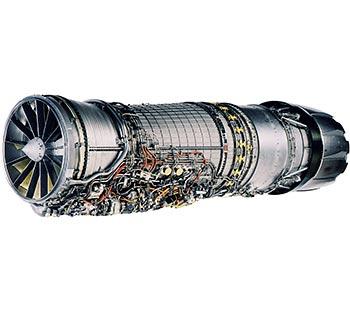
GE Aviation, the aero-engine maker and service provider of General Electric, has begun a four-week furlough of workers in assembly and parts manufacturing, the company announced April 2, adding to a furlough program it unveiled last week in the wake of the COVID-19 crisis.
“We appreciate the commitment of all our employees during this difficult time, and we regret having to take this action,” a spokesperson said in a statement. “We will continue to deliver for our customers and preserve our capability to respond when the industry recovers.”
The furloughs will affect half of the division’s U.S. engine assembly and component manufacturing operations, and come on top of previously announced actions including reducing the company’s U.S. workforce by 10% and a “temporary” lack of work in GE Aviation’s MRO operations.
“The impact will vary by site—some sites will experience a greater impact, some less—depending on product mix and customer base,” according to the announcement. “We continue to support our installed fleet of engines, and most defense-related activity will not be impacted.”
The company also said it will pay both its own and furloughed workers’ shares of their health insurance costs during the time off, and GE will augment unemployment insurance “up to certain levels.”
Besides the new furloughs and the 10% of staff announced March 23, the company is also cutting contract workers and has frozen hiring.
The announcement marks a reversal of the company’s outlook from late February when top executives confidently told Wall Street and others they expected the COVID-19 illness to be just a blip for the aerospace industry. At the time, they said it was not worth laying off staff because they wanted to be positioned for a recovery.
Also on April 2, Boeing announced a voluntary layoff plan and warned of likely changes to its product portfolio due to the fallout from the novel coronavirus. While suppliers in Tier 1 and below have been announcing workforce reductions for weeks due to COVID-19 complications and others, including halted Boeing 737 MAX production, the GE and Boeing moves represent some of the first OEM-level workforce reductions from the pandemic.





